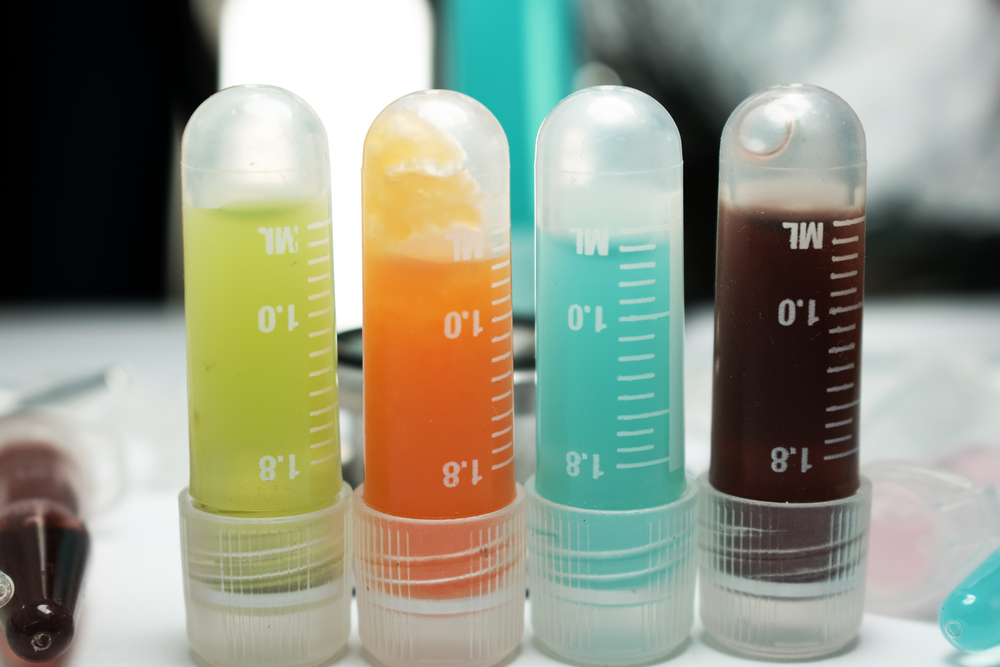WT1 Vaccine Helped High-Risk Multiple Myeloma Patients After Stem Cell Transplant

High-risk multiple myeloma patients may benefit markedly from galinpepimut-S, an experimental immunotherapy from SELLAS Life Sciences, following autologous stem cell transplant (ASCT), according to recent data from a Phase 2 clinical trial showing that the agent nearly doubles the progression-free survival rates compared to historical controls who received ASCT alone.
Galinpepimut-S, which is a late clinical-stage immunotherapy, is being developed for a number of hematologic and solid cancers, including acute myeloid leukemia, mesothelioma, multiple myeloma and ovarian cancer. It comprises four small proteins that induce a strong immune response against the WT1 protein, which is highly expressed in certain tumor cells, but not usually found in healthy cells.
“We have previously demonstrated that Wilms’ tumor antigen 1 (WT1) is selectively overexpressed on malignant plasma cells, and immunotherapeutic strategies targeting this antigen could improve key outcomes in patients with multiple myeloma,” Guenther Koehne, MD, PhD, said in a press release. Koehne is attending physician, Adult Bone Marrow Transplantation Service at Memorial Sloan Kettering Cancer Center in in New York, and principal investigator on this phase 2 clinical trial.
The randomized Phase 2 trial (NCT01827137) was designed to evaluate the safety and efficacy of galinpepimut-S in myeloma patients who received ASCT. The study enrolled 19 patients and showed an 18-month overall survival rate of 86%, with 17 of the 18 evaluable patients still alive 28 months after the beginning of the study.
Importantly, the study included 15 high-risk cytogenetics patients, who also had additional unfavorable characteristics, which often result in low progression-free survival rates that do not exceed 12-15 months following ASCT. Compared to the results obtained in a cohort of high-risk myeloma patients assessed in a MD Anderson Cancer Center study, galinpepimut-S treatment nearly doubled the 18-month progression-free survival of these patients, and induced a 43% increase in overall survival.
The Phase 2 study still has not reached median overall survival or progression-free survival, but researchers estimate the latter will be greater than 18 months.
“We are now witnessing promising responses in these high-risk patients, who typically relapse within 12-15 months of autotransplant,” said Nicholas Sarlis, MD, PhD, and SELLAS’ chief medical officer.
“Treatments for high-risk multiple myeloma have remained a clinical challenge,” Koehne, who also is associate professor of medicine, Weill Cornell Medical College. “Now, for the first time, galinpepimut-S has provided strong indication of a meaningful clinical benefit, following autotransplantation in patients with high-risk multiple myeloma, particularly those with an adverse cytogenetic profile. We are encouraged by these positive results and planning further studies to expand upon and confirm our observations,” he said.






